Banning hijab, mocking Last Supper: France has been at war with God for decades
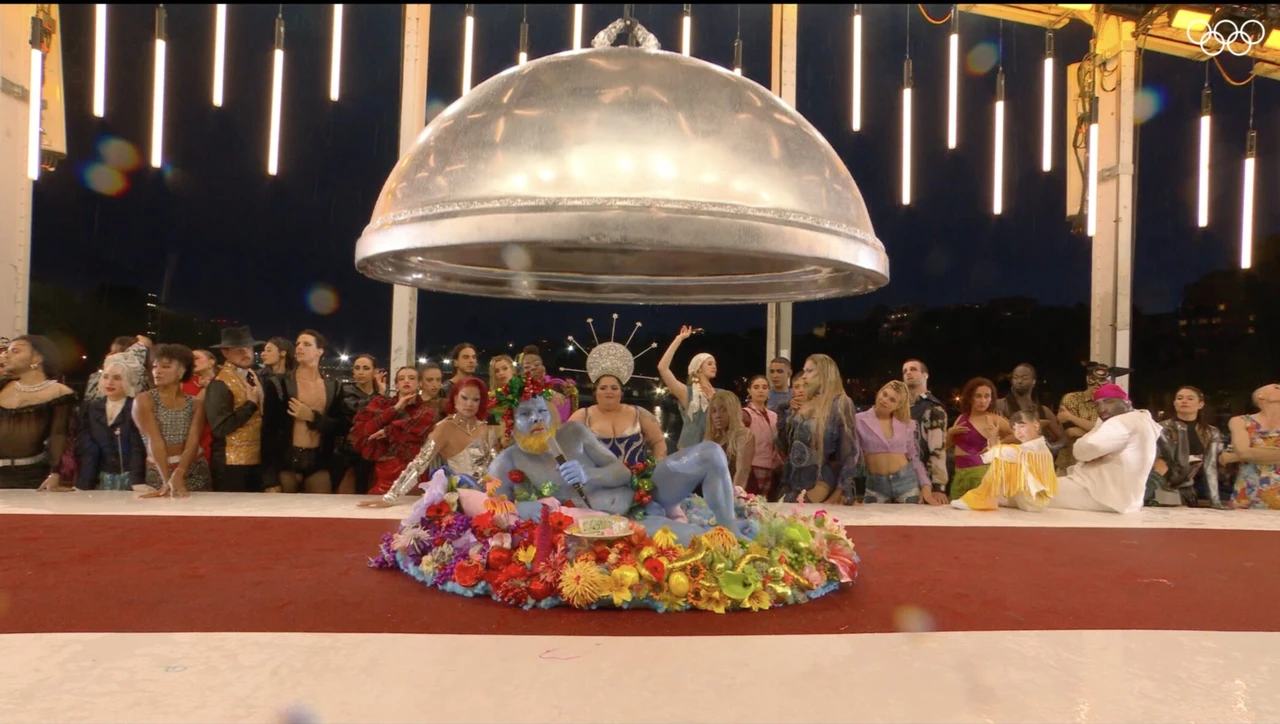 Drag queens perform during the Opening Ceremony of the Paris Olympics, on July 26, 2024. (Photo via X / @OlympicsParis)
Drag queens perform during the Opening Ceremony of the Paris Olympics, on July 26, 2024. (Photo via X / @OlympicsParis)
The principle of laicite, or secularism, is deeply entrenched in French society, rooted in France’s historical efforts to diminish the influence of the Catholic Church and other religious institutions in public life.
The French Revolution in 1789 marked a decisive turn toward secularism, establishing a foundation for the separation of church and state. This revolutionary shift sought to dismantle the Church’s power and influence over the state, leading to the establishment of a secular republic.
The 1905 law on the separation of Churches and the State further solidified this principle, aiming to protect public spaces from religious influence. This law ensured that the state would not fund religious institutions and that religious symbols would not be displayed in public institutions.
However, laicite has not always been a straightforward champion of equality. While it was initially targeted at reducing the Catholic Church’s power, it has evolved into a tool that sometimes marginalizes minority religious practices, particularly affecting the Muslim population in recent decades.

Complex relationship between French secularism, Islam
The demographic changes in France following decolonization in the mid-20th century brought a significant Muslim population from former colonies in North Africa. This influx has often been met with resistance, with French secularism increasingly scrutinizing Islamic practices. The headscarf, or hijab, has been at the center of this scrutiny.
In 1989, the controversy over Muslim schoolgirls wearing headscarves sparked national debate. This culminated in the 2004 law banning “ostentatious” religious symbols in public schools, affecting Muslim headscarves, Jewish kippahs, and large Christian crosses.
The 2011 ban on full-face veils further exemplified France’s stringent stance on religious attire, framed as necessary for public security and social cohesion. These laws were seen by many as targeting Muslim practices, leading to accusations of Islamophobia and discrimination.
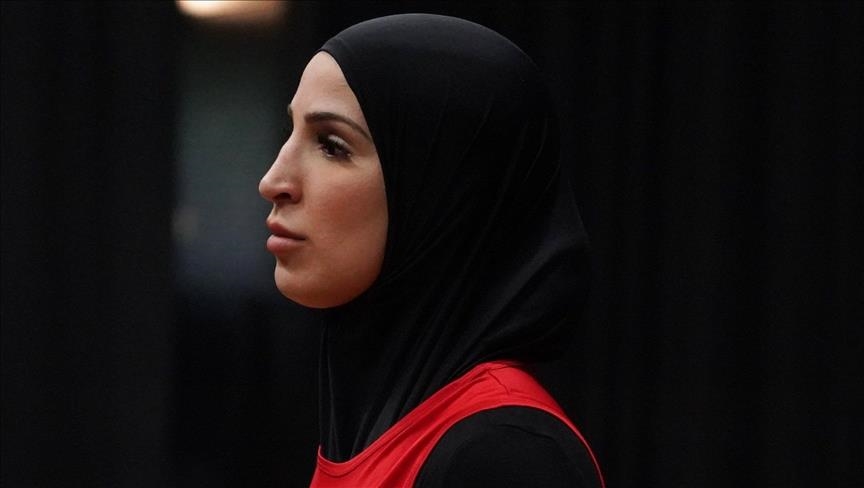
France’s hijab ban at Paris 2024 Olympics
The Paris 2024 Olympics brought France’s controversial policies to the global stage. The decision to ban French athletes from wearing hijabs sparked international outrage.
Australian boxer Tina Rahimi criticized the ban, emphasizing the importance of personal choice in dress. “Women have the right to choose how they want to dress. With or without (the) hijab. I choose to wear the hijab as part of my religion, and I am proud to do so,” Rahimi stated.
French sprinter Sounkamba Sylla faced this ban firsthand when she was initially barred from participating in the opening ceremony while wearing her hijab. Following backlash, French Sports Minister Amelie Oudea-Castera allowed her to participate with a cap instead.
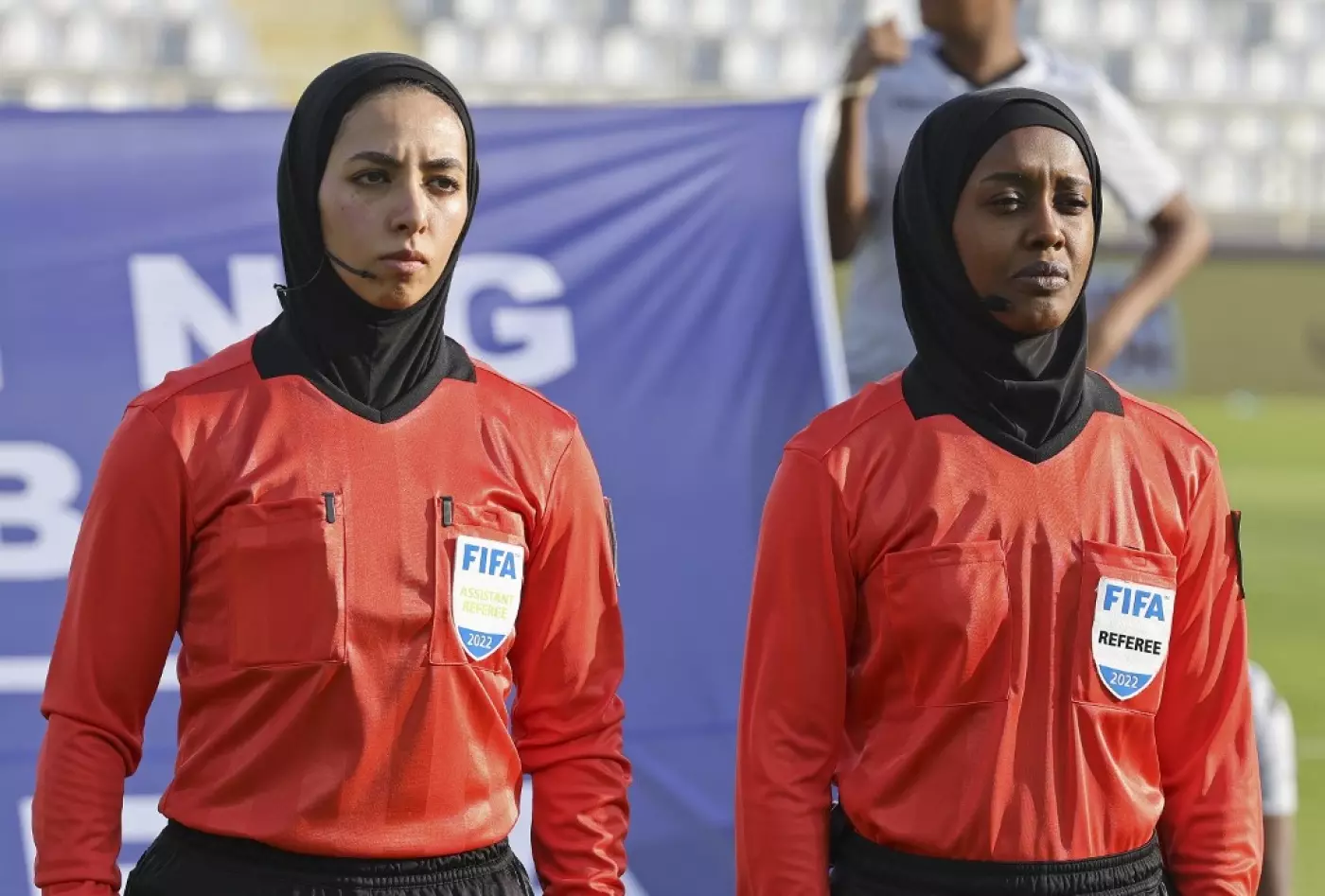
Muslim women athletes face discrimination in France
The discriminatory impact of these policies is profound, particularly on Muslim women athletes. Many have been forced to abandon their sports careers or seek opportunities in other countries where their religious attire is accepted.
Assma, a volleyball player, recounted her experience: “When I wanted to register for a women’s competition, my coach told me it wouldn’t be possible. So I asked her why. And she tells me right away: ‘Because you’re wearing something on your head’… At that moment, I didn’t feel very well, and straight away, I knew that it was going to be a problem.”
These restrictions extend beyond professional sports. At amateur levels, Muslim women and girls face similar barriers, being told to remove their hijabs or other religious clothing to participate in local competitions.
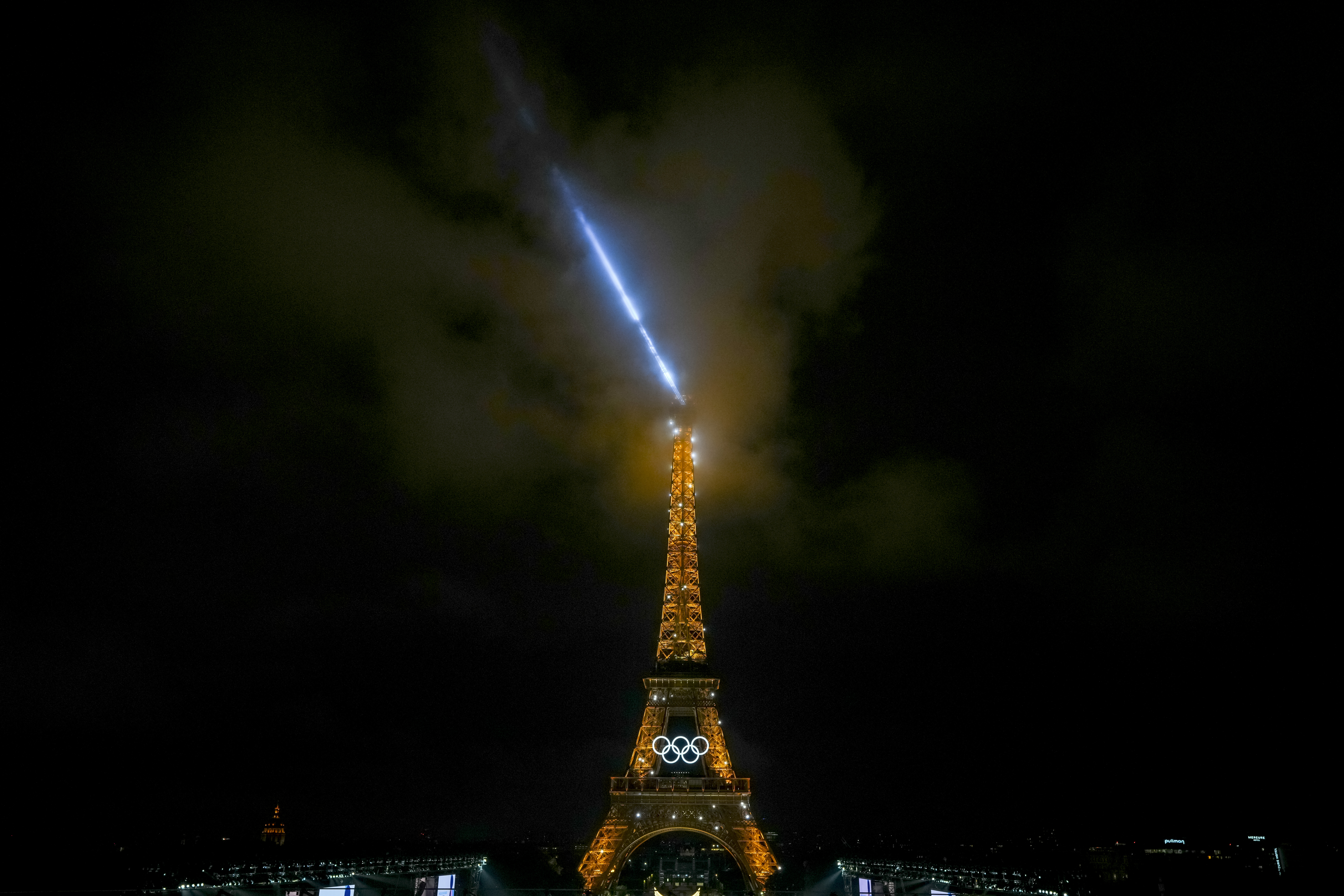
Protests against France’s religious discrimination in sports
Amnesty International has highlighted that the exclusion of Muslim women in French sports extends beyond the Olympics. Many sports federations in France have imposed bans on sports hijabs, affecting athletes in football, basketball, and volleyball.
These policies not only undermine the athletes’ rights but also contradict international sports regulations from bodies like FIFA and FIBA, which permit religious headwear that meets safety standards.
The Hijabeuses, a collective of hijab-wearing football players, have been actively challenging these bans in French courts and the European Court of Human Rights.
They organized “alternative Olympic Games” to promote inclusivity, stressing that their fight is about human rights, not politics or religion. “Our fight is not political or religious but centered on our human right to participate in sports,” stated Foune Diawara, co-president of the Hijabeuses.

Paris 2024 Olympics opening ceremony’s mocking of religion
The Paris 2024 Olympics opening ceremony added fuel to the fire with its controversial artistic choices. The performance included elements perceived as mocking religious figures and events, particularly a tableau resembling the Last Supper but featuring drag queens and other performers. This was seen by many, including the French Catholic Church and religious conservatives worldwide, as blasphemous and disrespectful.
The French Catholic Church and various religious communities expressed their outrage, viewing the performance as a direct insult to their beliefs. This incident, combined with the hijab ban, painted a picture of France as a nation struggling to balance its secular principles with respect for religious diversity.
The International Olympic Committee, despite repeated calls to intervene, refused to challenge France’s prohibition on sports hijabs, stating that “freedom of religion is interpreted in many different ways by different states.”
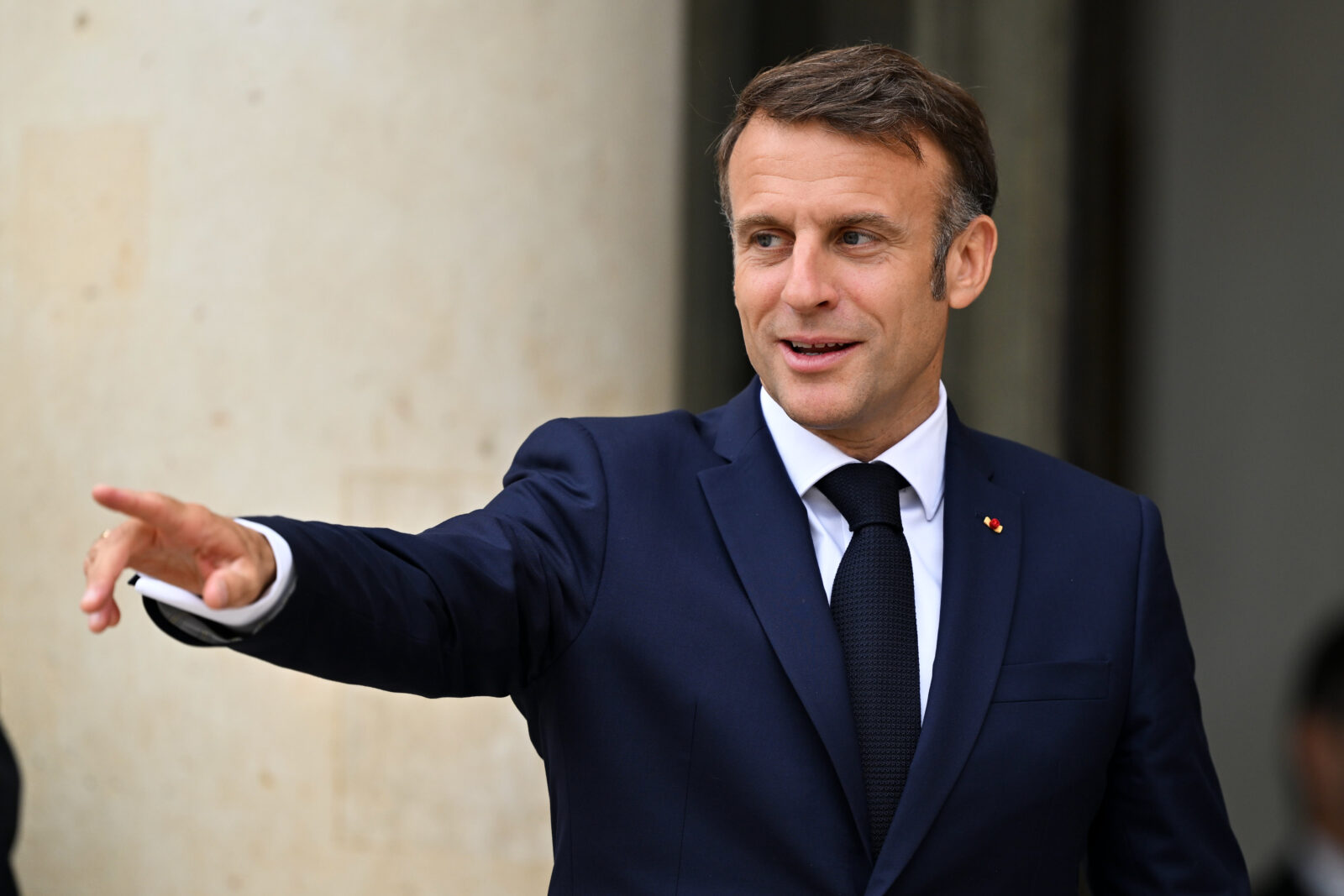
France’s broader religious policies
The controversy at the Olympics is part of a broader pattern of France’s stringent secular policies. The 2021 anti-separatism bill, aimed at combating Islamist extremism, imposed further restrictions on religious associations and practices.
Critics argue that these measures disproportionately target Muslims and exacerbate Islamophobia in French society. This legislation gives the state broad authority to shut down places of worship and restricts funding for religious organizations from abroad, among other measures.
Furthermore, the historical context of these policies cannot be ignored. France’s colonial legacy and the ensuing migration have shaped its current demographic and religious landscape. The secularist approach, intended to ensure equality, has often resulted in the marginalization of religious minorities, particularly Muslims.
France’s insistence on public conformity and the suppression of religious symbols in public life reflect an ongoing struggle to integrate a diverse population while maintaining a secular national identity.
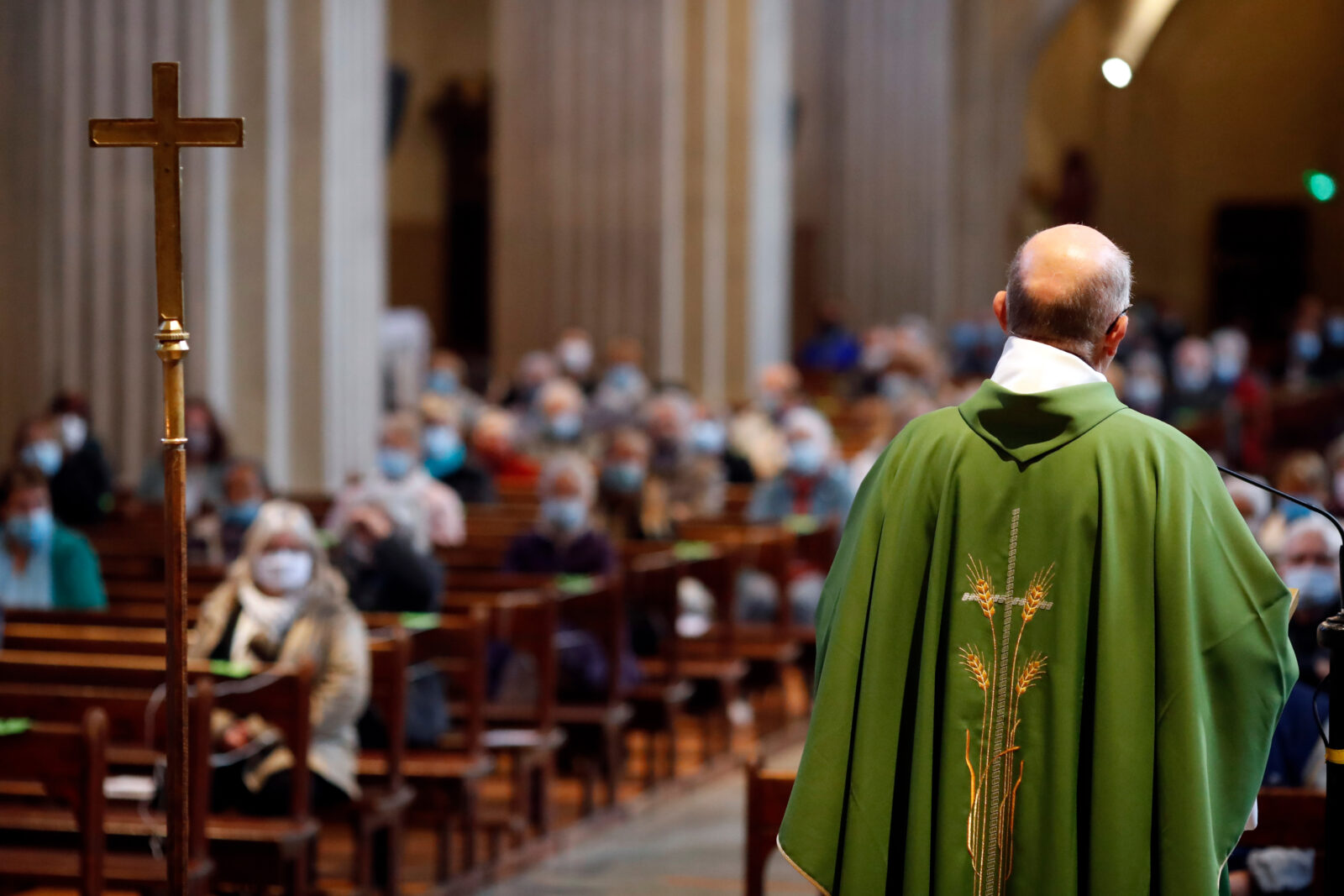
Christianity in France: Historical, contemporary challenges
France’s relationship with Christianity, particularly Catholicism, has been equally complex and fraught with tension. Historically, Roman Catholicism was the dominant religion in France, intertwined with the monarchy and political power.
However, the French Revolution of 1789 drastically altered this relationship, as anti-clerical sentiments fueled intense animosity toward the Catholic Church. The revolutionary authorities suppressed the Church, confiscated its property, and severed ties with Rome. This period saw mass executions of priests and religious figures, and laws were established to officially separate Church and State.
Today, while a significant portion of the French population identifies as Catholic, active participation in religious practices has waned. Only a small percentage regularly attends Mass, highlighting a decline in traditional religious observance amid growing secularism.
Despite this, the country remains home to a substantial number of revered Catholic saints and continues to honor its Christian heritage through cultural and historical landmarks.
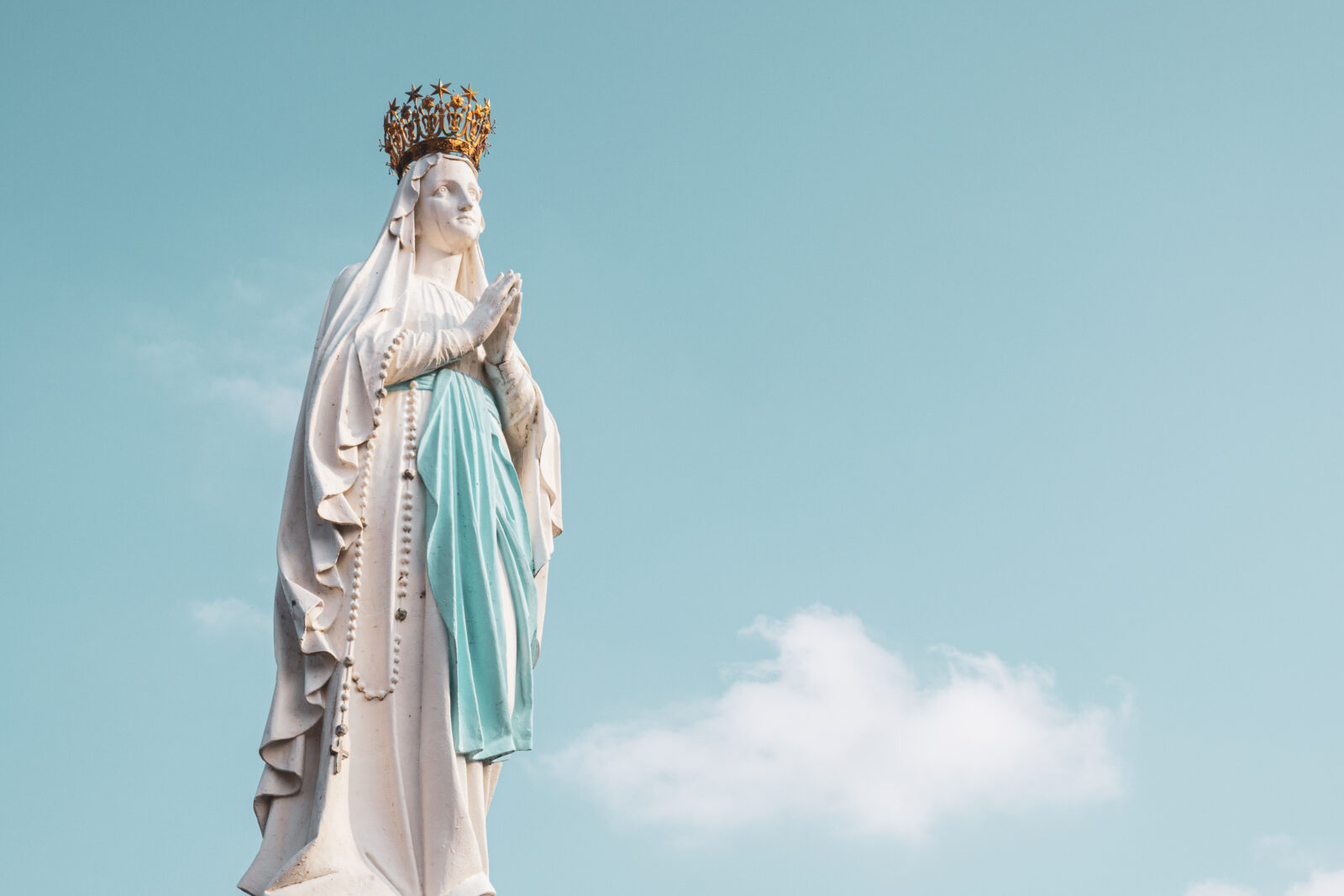
Rising anti-Christian sentiments in France
Recent years have seen a worrying rise in hate crimes against Christians in France. According to the Observatory on Intolerance and Discrimination against Christians in Europe, France records the highest number of such crimes in Europe. Theft, vandalism, and desecration are common, with nearly 1,000 hate crimes reported against Christians in 2023 alone.
Churches have been targets of arson, vandalism, and other forms of desecration. For instance, the Roman Catholic Church of Sainte-Therese in Poitiers was recently attacked, resulting in severe damage and the temporary closure of the church.
A report from the French Ministry of Interior highlighted a 32% increase in racist, xenophobic, and anti-religious crimes in 2023, with a significant number targeting Christians.
These incidents include physical assaults, verbal abuse, and damage to church properties. The secularization of French society has contributed to these anti-Christian sentiments, with religious beliefs increasingly marginalized in public and political spheres.
The Paris 2024 Olympics have brought to the forefront the ongoing tension between France’s secular values and religious freedoms. The hijab ban and the controversial opening ceremony have sparked global debate about the true meaning of inclusivity and respect for diversity in sports and beyond.



